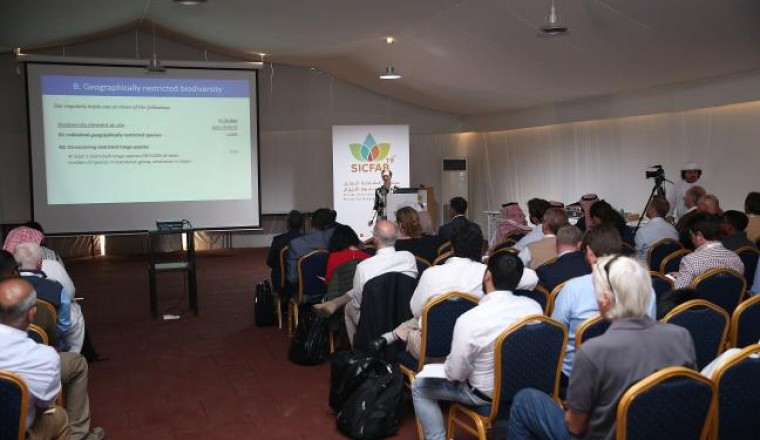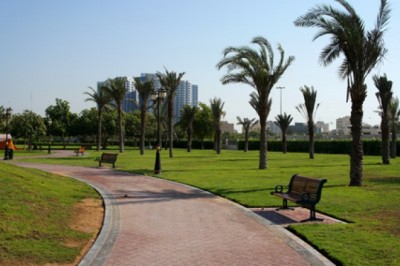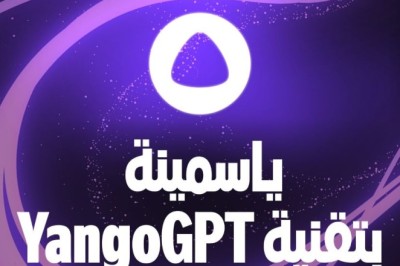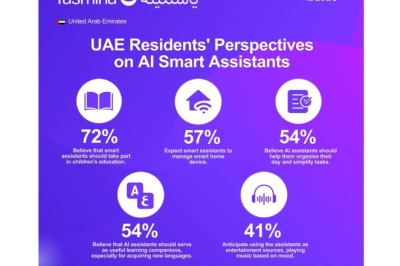
Over the course of four days with the participation of 200 experts Sharjah focuses on biodiversity conservation
(AETOSWire): The 19th Sharjah International Conservation Forum for Arabia’s Biodiversity (SICFAB) was launched on Monday with participation from more than 200 experts and specialists from inside and outside the UAE. The forum, organized by Sharjah’s Environmental Protected Areas Authority (EPAA), focused on three main themes, the Red List of plants in the Arabian Peninsula; the protected areas theme which covers IUCN’s Global Standard for the Identification of Key Biodiversity Areas (KBA) and the veterinary theme.
The IUCN Red List of Threatened Species is the world's most comprehensive inventory of the global conservation status of biological species, while the Identification of Key Biodiversity Areas is a crucial field looking at the identification of sites in the Arabian Peninsula that significantly contribute to global biodiversity and the identification of gaps in the networks of protected areas in the Arabian Peninsula. The veterinary topic discussed in-house veterinary diagnosis, with an emphasis on physical fluid collection and assessment.
The forum included sessions, lectures, seminars and discussions on these key topics with the participation of experts, specialists, researchers and academics from around the world. Speakers talked about the IUCN’s Red List and the local and regional uses to provide information and statistics necessary for the conservation of biodiversity.
HE Hana Saif Al Suwaidi, EPAA Chairperson said, “Sharjah has established and built a large and important information database on Arabian species on biodiversity over the past 19 years through the SICFAB. Through its accumulated experiences, expertise and information, Sharjah has contributed to the formation of four areas of the Red List: reptiles, birds, mammals and trees. This year we are focusing on endangered plants, many facing extinction due to industrialization or environmental factors. By addressing roughly 400 species of plants in the Arab region that will be categorized in the Red List, 100 species a day over the four days, we hope to turn the tide of botanical destruction and offer protection to perennial trees, shrubs and herbs that may then survive for generations to come.”
According to Al Suwaidi taxonomy helps determine the current status of plants, thus informing studies, as well as conducting research on solutions and taking surveys. “Sharjah has rich experience that can be transferred to our neighbour states. Sharjah welcomes the experts and researchers who come to share their experiences, ideas and expertise and interact with our initiatives in the field of the environment and its conservation,” she added.
Al Suwaidi paid tribute to HH Sheikh Dr. Sultan bin Muhammad Al Qasimi, Supreme Council Member and Ruler of Sharjah, who she said is dedicated to protecting the environment and preserving biodiversity, which in turn gives a sense of urgency to the work of the EPAA as well as the forum.
In the parallel sessions experts focused on risks and solutions, and addressed the follow-up means and methods for biodiversity in the region. The general framework and primary objective of this year’s theme is similar to the themes addressed in the previous years with reptiles in 2012, birds in 2013, mammals in 2016 and trees in 2017, with the aim of providing an update of the distribution and current situation as well as major threats and recommendations for conservation methods.
This year also featured a bonus technical theme, looking at the increased use of drones in the conservation of biodiversity, including cartography, wildlife surveys, monitoring, law enforcement and medicine in the conservation of biodiversity.
The forum will provide regional stakeholders and international partners with the opportunity to network and enhance knowledge about local biodiversity and conservation challenges while also forging breakthroughs, in order to accelerate efforts and facilitate innovative solutions to address local and regional challenges. This is an ideal platform, aligned to the country’s objectives, to promote environmental awareness and protect endangered species and support the local and regional environment.



















Facebook Conversations
Disqus Conversations